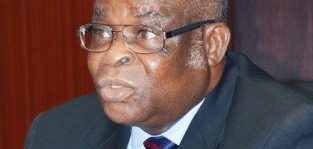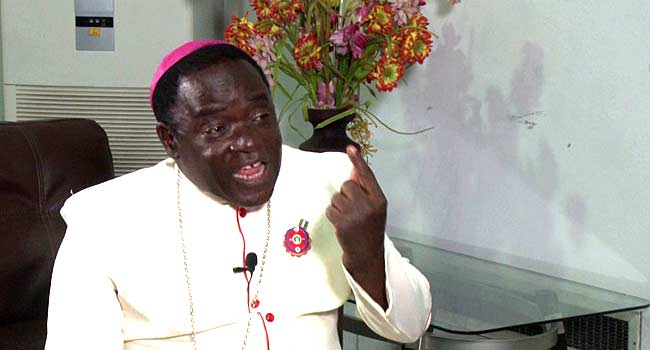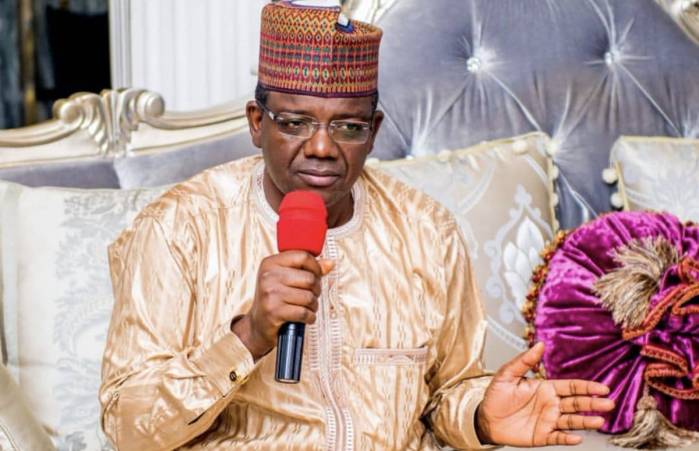The three-man Code of Conduct Tribunal, CCT, presided over by Danladi Umar has adjourned proceedings in the case of non-declaration of assets preferred against the Chief Justice of Nigeria, Justice Walter Onnoghen, till January 22.
Umar ruled that the tribunal would hear Onnoghen’s motion challenging the jurisdiction of the tribunal at the next proceedings.
The case was adjourned after the lead prosecuting counsel, Aliyu Umar, SAN, owned up that Onnoghen was improperly served with the charges and the summons.
He accepted that the CJN had not been personally served with the charges and the court’s summons, as required by the law.
He, prayed the tribunal to direct a fresh service on the CJN.
Counsel to Onnoghen who was absent from the Monday’s proceedings, Wole Olanipekun, SAN, told the Tribunal that the CJN need not be present at the day’s proceedings having filed a motion to challenge the tribunal’s jurisdiction.
Olanipekun, who led a team of lawyers on behalf of the CJN, was responding to a question as to why the CJN was not in court.
Olanipekun said he and other defence lawyers only appeared in court in protest against the jurisdiction of the tribunal.
He also said that, from the account given by the court official earlier in the proceedings, the CJN was not served with the charges and summons personally, but through his aide.
Olanipekun insisted that the law required that the defendant be served personally.
Prosecuting lawyer, Umar, held that the law only required the defendant to be aware of the pending charges, and that it was the CJN’s choice to ask his aide to receive the charges and summons on his behalf.
However, after arguments, the prosecuting counsel conceded that the service of the charges and the summons ought to have been personally served on Onnoghen.
READ ALSO: Onnoghen’s Arraignment: CACOL Calls For Caution, Fairness
“We agree that the service should be properly done. The processes should be served personally on him.
“If, after the service is done, and the defendant is not present, we can then argue whether or not he needs to be present on the grounds that he has filed a motion challenging the jurisdiction of the court.”












